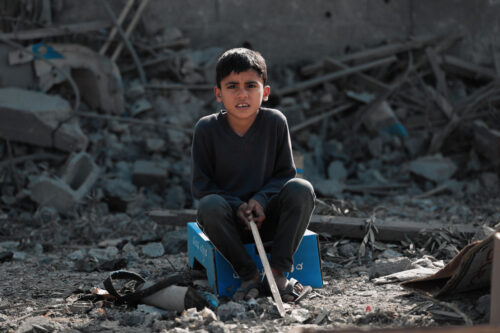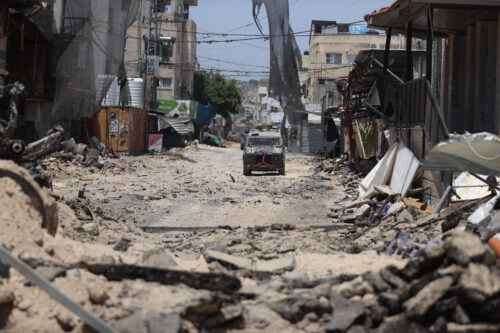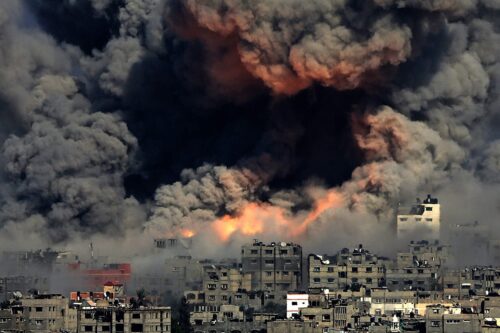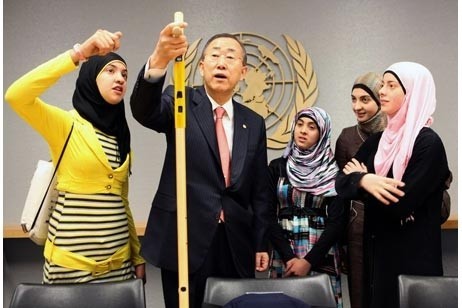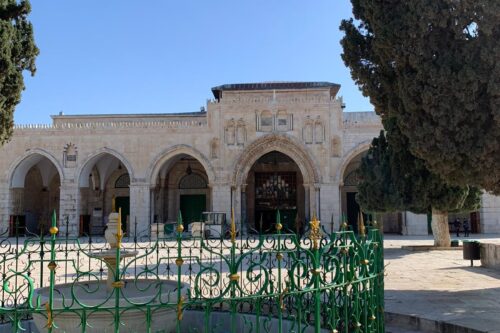The Importance of Qurbani
The month of Dhul Hijjah is considered one of the holiest times of the year, and it is when pilgrims complete Hajj and Muslims across the world celebrate Eid ul Adha (The Feast of Sacrifice). The first ten days of the month are considered especially important, and these are days in which good deeds carry great weight.
Narrated Ibn Abbas (R.A.), who said that Prophet Mohammad (S.A.W.) said: “No good deeds done on other days are superior to those done on these (first ten days of Dhul Hijja).”
These good deeds include worshipping Allah SWT through prayer and dhikr, fasting (especially on the Day of Arafah), giving charity and completing Udhiyya/Qurbani and sharing with the needy. Although the world is still in the midst of a global pandemic, which has impacted how we are able to worship and fulfil our obligations, Muslims will still celebrate this Eid and will still commit to fulfilling their Udhiyya.
The Importance of Udhiyya/Qurbani:
Narrated from Abu Huraira (R.A.) that the Messenger of Allah (S.A.W.) said: “Whoever can afford to offer a sacrifice but does not do so, let him not approach our place of prayer.” (Ibn Majah: 3123)
As Muslims celebrate Eid ul Adha, those that are financially able to sacrifice an animal for the sake of Allah SWT. This is done to remember the spirit of sacrifice and obedience to Allah SWT displayed by Prophet Ibrahim. This act is not only an important form of worship, it also encouraged community and togetherness. The meat from the animal is shared amongst friends and family and one third is required to be given to those in need.
There are countless lessons in the story of Prophet Ibrahim (pbuh) that are especially relevant for these times and Qurbani is our reminder to reflect on them and on our own duties are Muslims.
What Qurbani symbolises:
‘Their meat will not reach Allah, nor will their blood, but what reaches Him is piety from you. Thus have We subjected them to you that you may glorify Allah for that [to] which He has guided you; and give good tidings to the doers of good’. (Qur’an 22:37)
The act of Qurbani symbolises trust, patience and obedience to Allah SWT. It is an act that should not be taken lightly and there are various rules and guidelines on how to complete it humanely. It is an act of worship first and foremost and one that should be done with a sense of gratitude and self reflection. It should also make us think of the temporary nature of this life and in our current context of climate change and pandemics, we should also consider how we can be better at using and protecting our environment and resources in a way that benefits more than just ourselves.
Qurbani is a major act of worship that it is linked to celebration as well as solemn lessons. It is something all Muslims recognise and understand, it is part of our memories within our communities and it is also a time when Muslims are especially generous. Many people rely on charity and support given during this time and the act of Qurbani encourages sharing and remembering our brothers and sisters. Prophet Muhammad (pbuh) would sacrifice an extra animal for all those who were unable, showing us a truly beautiful example of using our wealth to think of others not only to provide meat or aid but also to think of their spiritual wellbeing.
Qurbani is both an important individual act of worship and a global event that unites all Muslims. This the best time to show solidarity and kindness for our Palestinian brothers and sisters. As things quietly worsen for Palestinian refugees, we can let them know we are there for them as their brothers and sisters in Islam.
A Qurbani in the holy land is something special and so is helping a family celebrate and breath easy during these times. However you choose to support Palestine, we pray your kindness is accepted along with all your acts of worship during Dhul Hijjah and Eid, inshAllah!
This special time is about growing spiritually and each good deed and act of worship during this time promises to bring great rewards.
We wish you a peaceful and healthy Dhul Hijjah. Please remember our Palestinian brothers and sisters, and all those struggling with poverty, displacement and injustice in your prayers.
Calculate your Zakat
Confused about how to calculate your Zakat? Try our simple-to-use calculator

